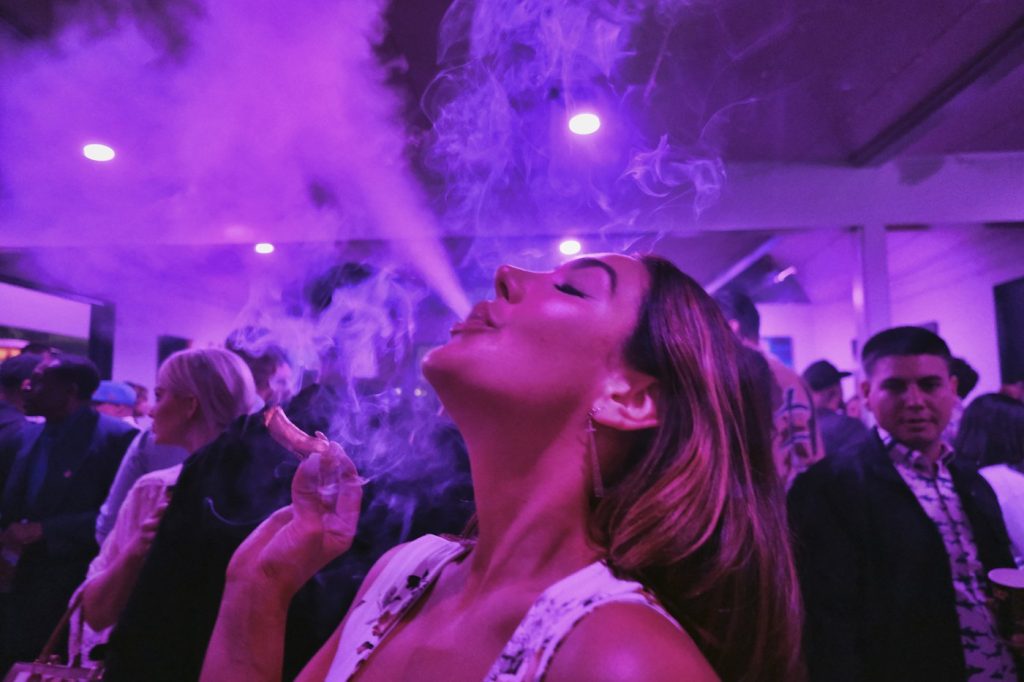This year, marijuana culture’s high holiday, known as 4/20, coincides with Easter Sunday and the last day of Passover. Cannabis enthusiasts are preparing to celebrate in a variety of unique ways, from an "Easter nug hunt" in Los Angeles to kosher-style THC gummies in New York and a "blaze and praise" drag brunch in Portland, Oregon. Brett Davis, who runs the Weed Bus Los Angeles tour company, organized the "Easter nug hunt," stating, "It seemed appropriate with egg prices today that we’d be searching for something else."
The significance of the date April 20, or 4/20, has roots that were once unclear. Some believed it was a police code for marijuana possession, while others linked it to Bob Dylan's song "Rainy Day Women No. 12 & 35," which features the lyric "Everybody must get stoned," with the number 420 produced by multiplying 12 and 35. However, the most widely accepted account comes from a group of friends from San Rafael High School in Marin County, California, known as "the Waldos," who popularized the term in the 1970s.
According to the legend, in 1971, these teenagers learned about a cannabis patch from a friend’s brother, who drew them a map. Each day at 4:20 p.m., just after classes, they would meet at a statue of chemist Louis Pasteur, smoke a joint, and search for the elusive crop. Although they never found it, they began referencing "420 Louie," which evolved into "4/20." The Waldos preserved evidence of their use of the term, which was cited by the Oxford English Dictionary when it added "420" in 2017.
The spread of the term and holiday is attributed partly to the Grateful Dead. A brother of one of the Waldos became friendly with the band's bassist, Phil Lesh, allowing the term to circulate within the band’s community. Steve Bloom, a journalist for High Times, helped popularize the event further during the early 1990s when he encountered a flyer at a Grateful Dead concert suggesting people meet at "4:20 on 4/20 for 420-ing" in Marin County.
Today, celebrations primarily center around marijuana consumption. In New York City, the cannabis brand Tokin' Jew has introduced a line of kosher-style THC gummies called "Tokin' Chews," specifically for Passover. Meanwhile, in Los Angeles, the "Easter nug hunt" is expected to attract about 300 participants who will use a mobile app to navigate through dispensaries, engage in trivia challenges, and participate in "stoner activities," all vying for a $500 cash prize.
In Portland, Bar Carlo is hosting a "blaze and praise" drag brunch, where cannabis consumption is discouraged on the premises, but a gift basket from a local dispensary will be up for grabs as a door prize. Bar owner Melinda Archuleta expressed her curiosity about how the event would uniquely blend Catholicism and aspects of cannabis culture, allowing performers to exercise creative freedom during the event.
Larger gatherings are also planned, such as the Mile High 420 Festival in Denver. However, events in San Francisco's Golden Gate Park, known for historically drawing big crowds at Hippie Hill, have been canceled for the second consecutive year due to financial challenges and city budget restrictions. In Petaluma, California, Lagunitas Brewing continues its tradition of releasing "Waldos’ Special Ale" every 4/20 in collaboration with the term’s founders.
Politically, cannabis remains a hot-button issue in the United States. Currently, 24 states have legalized recreational marijuana, while 14 states permit it for medical use. However, setbacks have occurred, particularly in Florida, North Dakota, and South Dakota, where legalization measures were recently rejected. Some states have begun cracking down on hemp-derived products, which have been exploited despite prohibition status in many regions.
The current federal stance regards marijuana as illegal, with President Donald Trump previously suggesting he would support reclassification efforts. However, his administration appears to prioritize different issues, as indicated by a White House report criticizing D.C.’s marijuana decriminalization as a "failed policy." Recent bipartisan efforts in Congress have attempted to remove financial barriers for cannabis businesses, such as allowing tax deductions for associated expenses.
Charles Alovisetti, a cannabis attorney, advocates for continued pressure on lawmakers for reform. He believes that aligning cannabis legislation with broader policy goals could facilitate progress. Alovisetti encourages advocates to maintain dialogue surrounding cannabis issues, asserting that perseverance is crucial even amid political inertia.










